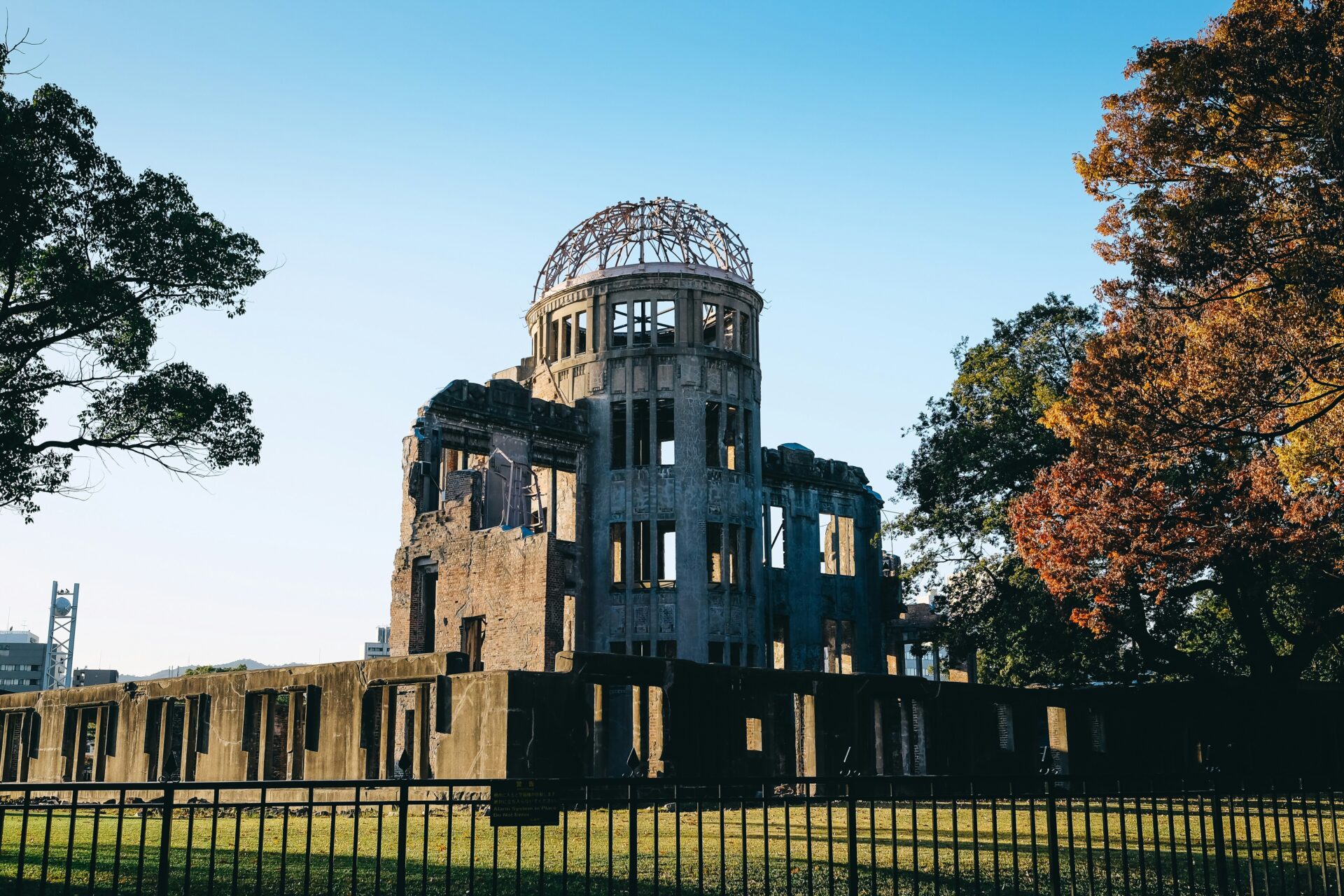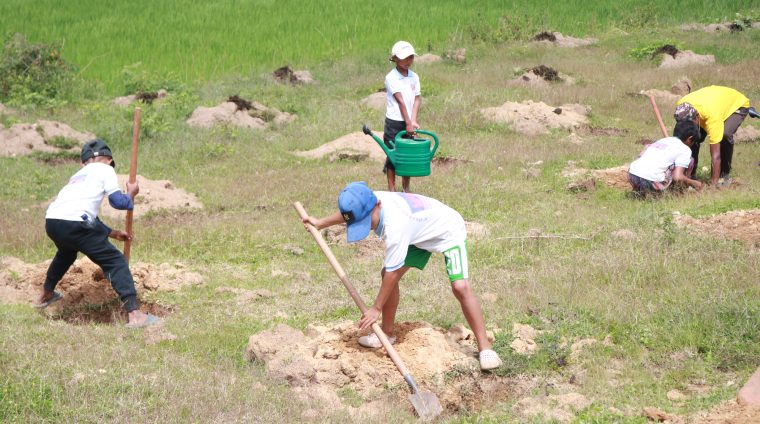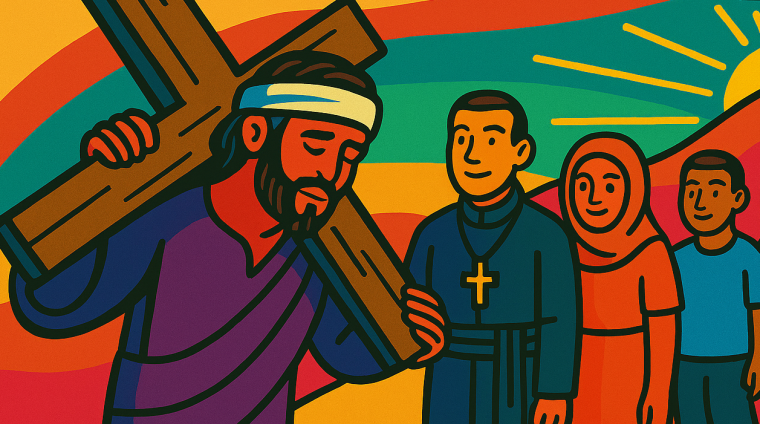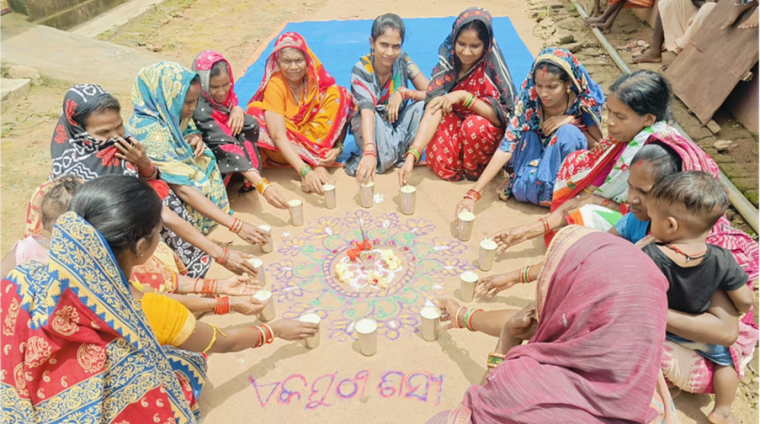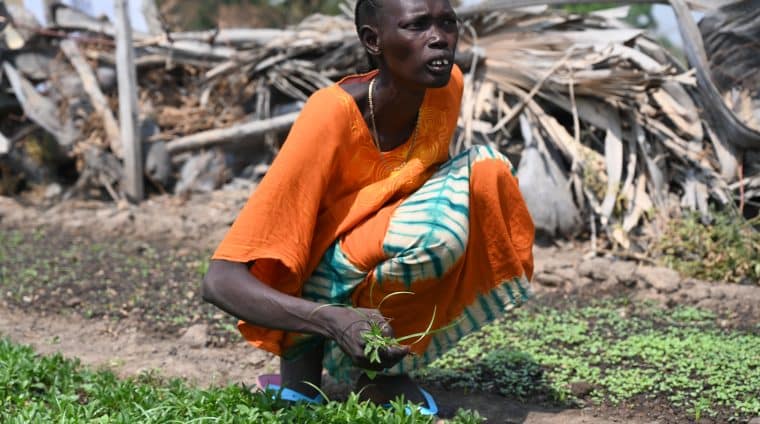On the 6th of August 1945 – 80 years ago today – an atomic bomb was dropped on the Japanese city of Hiroshima.
This attack, along with a subsequent bombing of the city of Nagasaki three days later, was carried out by the United States in a bid to bring a swift end to the Second World War.
The bombings reportedly claimed up to a quarter of a million lives, with many more suffering from after-effects. They remain the only uses of nuclear weapons in armed conflict.
Debates about the morality of the decision rage on, but it is clear that it had a devastating impact on those who were there at the time.
One of those was Pedro Arrupe, a Jesuit priest and future Superior General, who was living as a missionary in Hiroshima.
A former medical student, he utilised his skills to tend to the wounded in the aftermath of the bombing – serving some 150 people in his accommodation immediately after the attack before taking to the streets to assist others.
“As we approached the river, the spectacle was awful beyond words”
– Fr Pedro Arrupe SJ
He recalled one victim who “had a blister that almost covered her chest; burns across half of her face, and a cut in her scalp caused probably by a falling tile, while great quantities of blood coursed freely down her face”1.
Many were trapped under buildings, including one “caught between two beams, with his legs calcified up to his knees”, while others were left stranded in the city’s rivers, having fled there to escape the fires.
“As we approached the river, the spectacle was awful beyond words,” Arrupe remembered. “The cries of those drowning are something I shall never forget.”
Faced with scenes of utter terror, Arrupe turned to God, noting that he was inspired to act after asking Him: “what could I do? Where to begin?”
He added that his missionary role had been “challenged” when authorities urged him and his colleagues not to enter the city centre for fear of the impact of poisonous gases.
“A priest cannot remain outside the city just to preserve his life,” he later wrote, as they bravely ventured in and began cremating the dead to prevent the spread of disease.
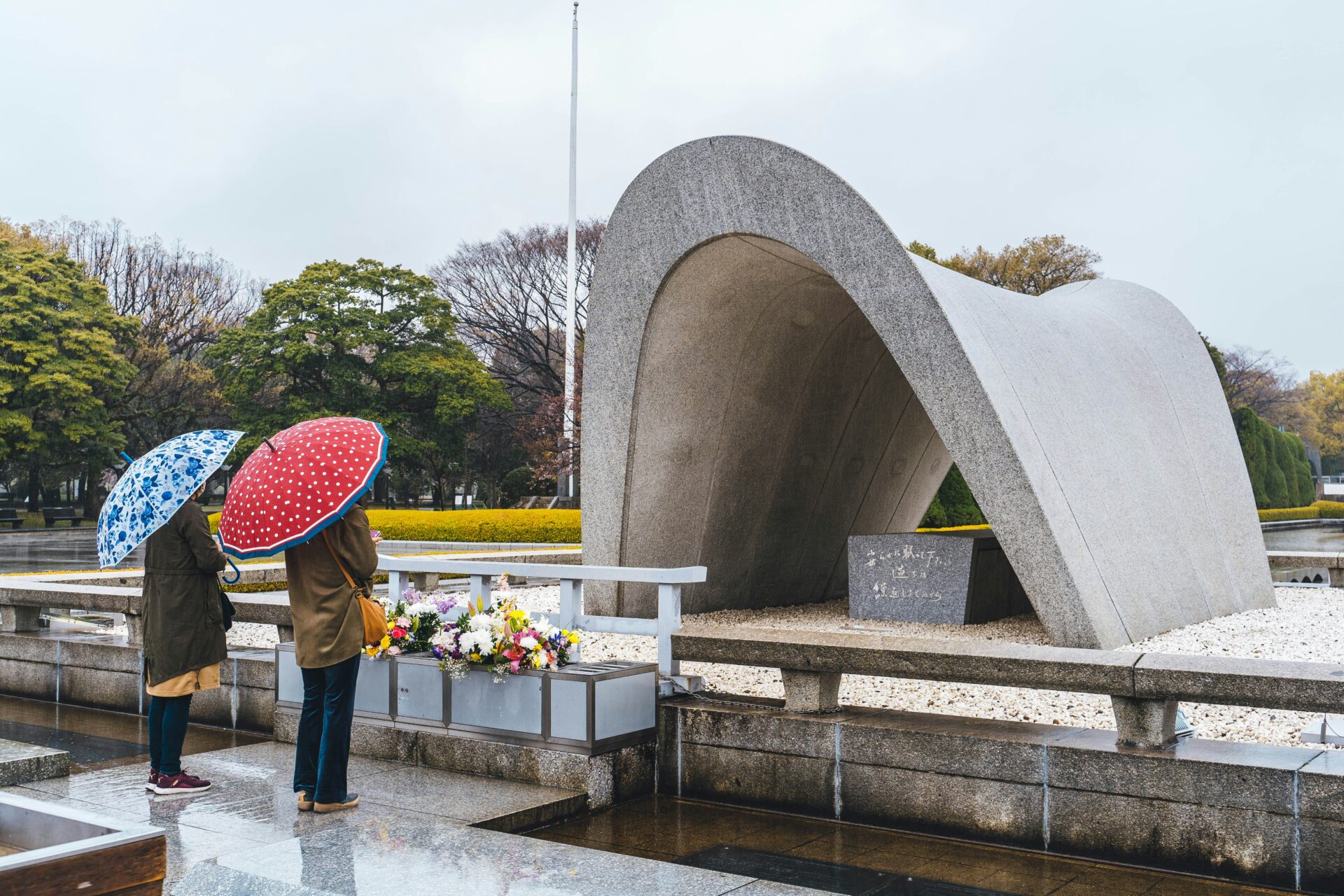
And despite the chaos and carnage around him, Arrupe made sure to take time to say Mass, his faith in God steadfast.
“Assuredly, it was in such moments of tragedy that we felt God most near to us. It is at such moments one feels in need of supernatural assistance,” he said.
Arrupe’s efforts that day represent the very best of Jesuit – and human – character. To have the wherewithal and courage to face a situation head on, and support those most in need, is inspiring.
Our partners in the Global South carry that spirit, working to address seemingly hopeless situations, from systemic human rights abuses to the impact of climate change.
We remember the actions of Pedro Arrupe – on the anniversary of Hiroshima and beyond – and look to emulate them as best we can in our lives.
- All quotes taken from Pedro Arrupe: Essential Writings edited by Kevin F. Burke ↩︎
More news
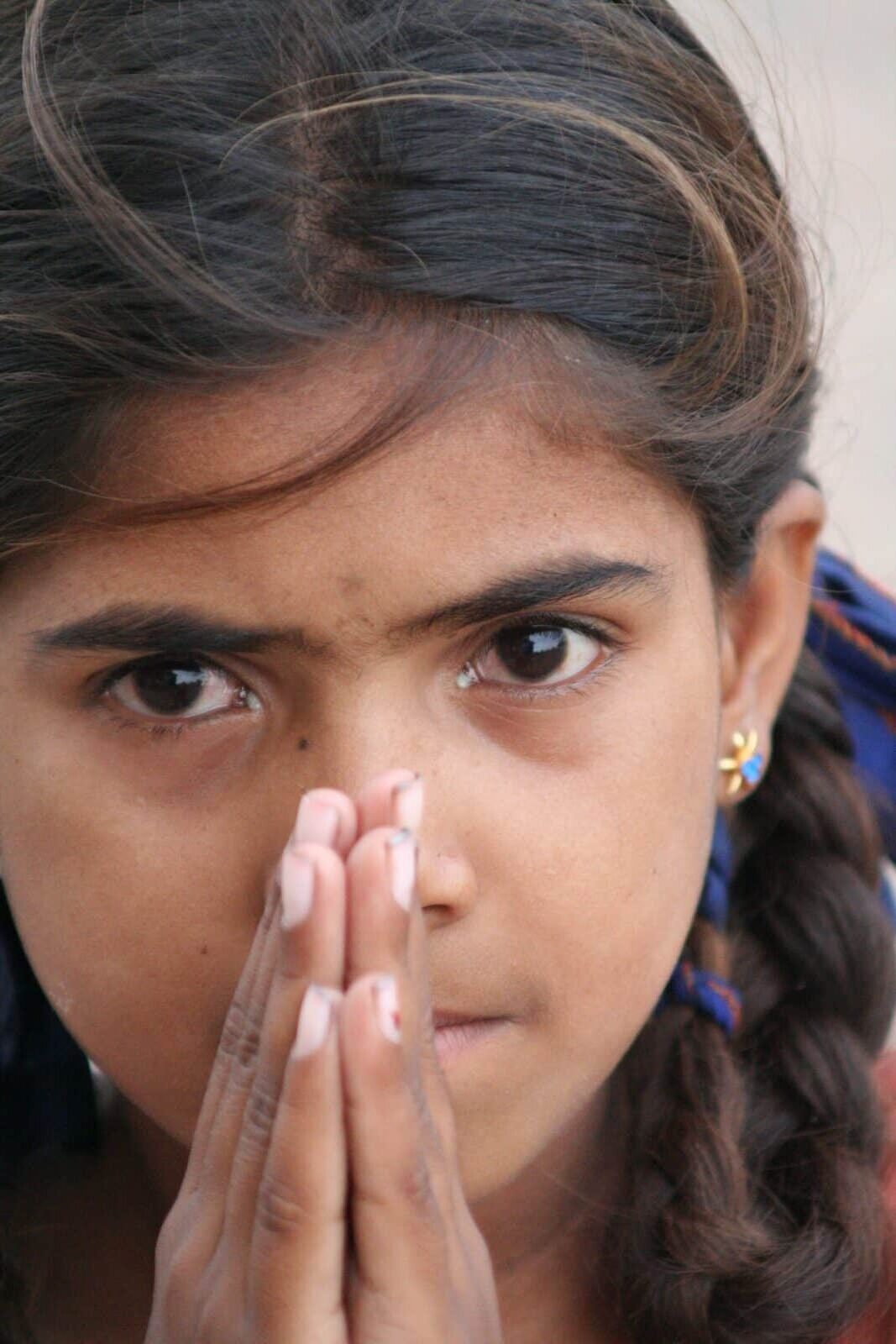
help us continue our vital work
With your support, we can continue our work improving the lives of those who need it most.

